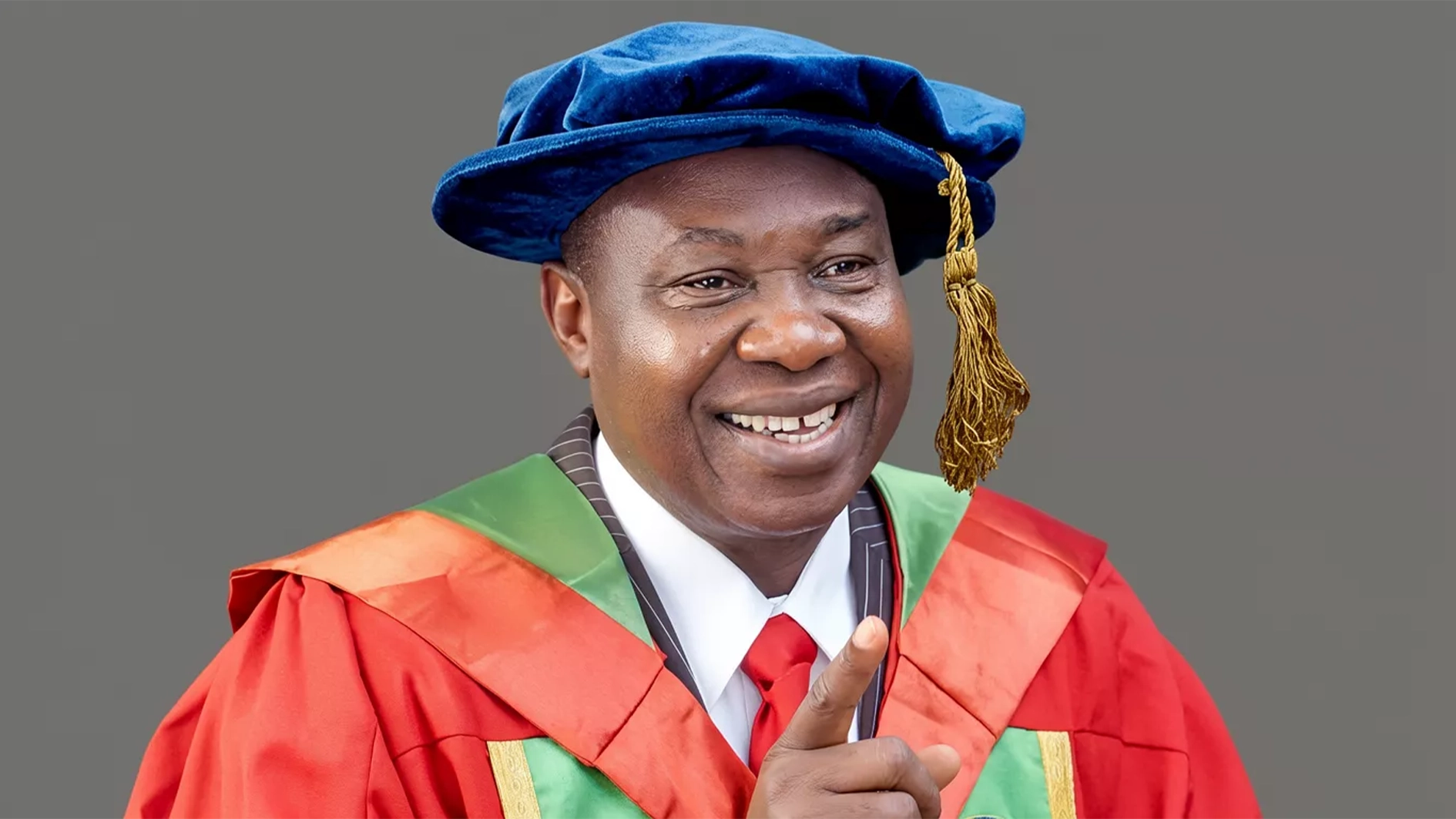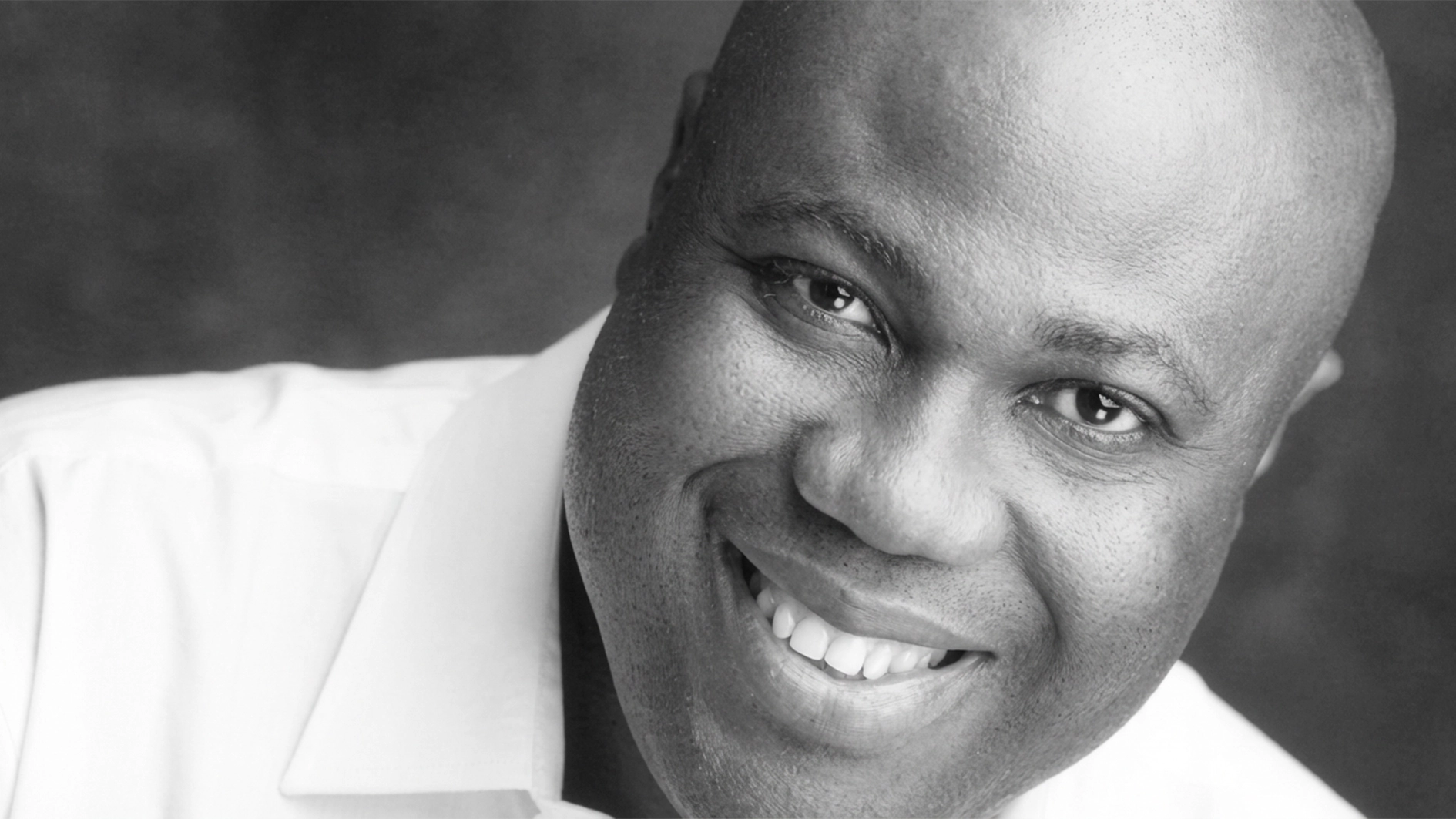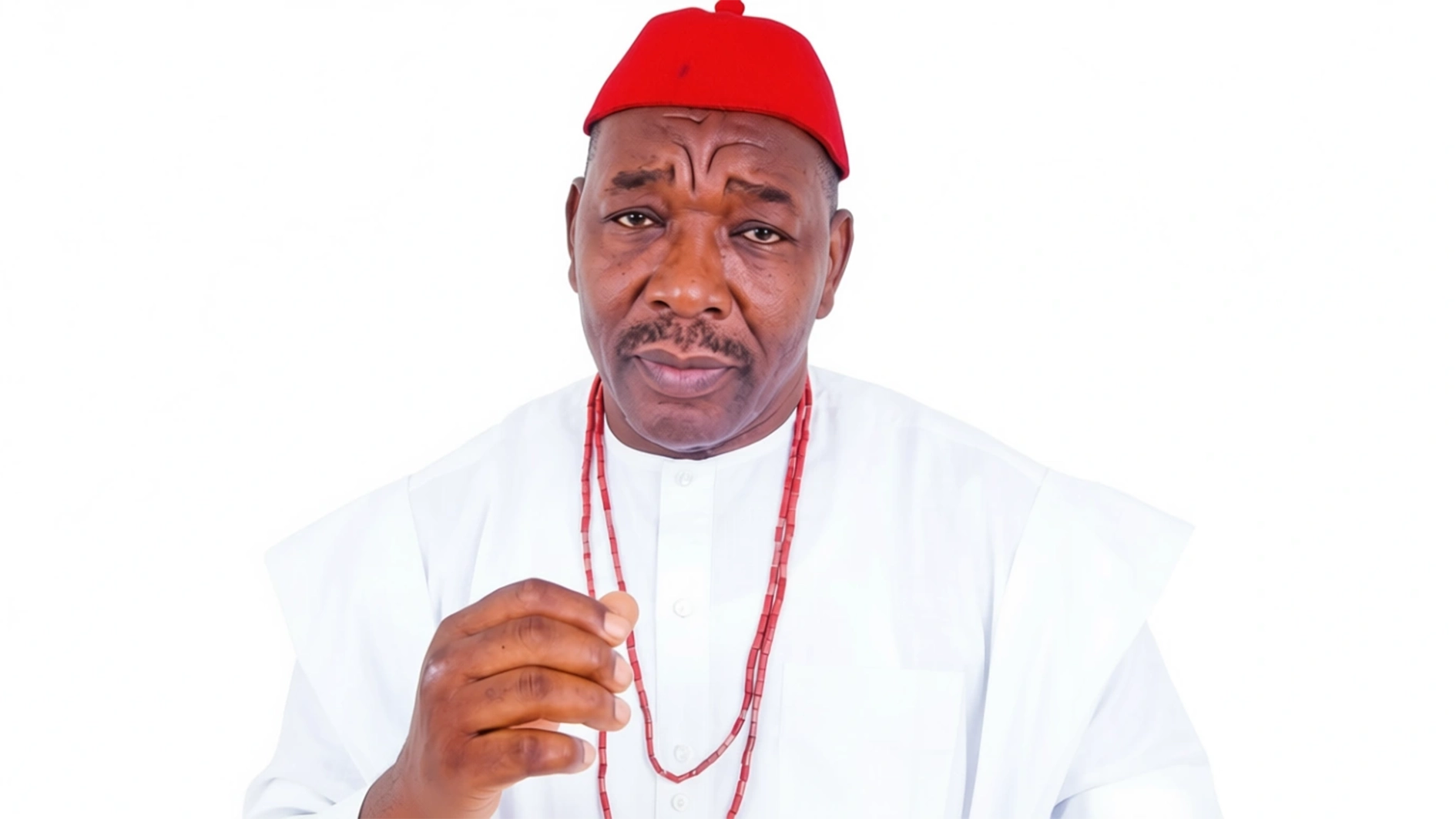The Director, Marketing, Visa West Africa, Seun Adaramola, in this chat with GBENGA SALAU discussed how Visa is staying true to its global identity while speaking directly to the lifestyle of the people.
Visa is a global brand with a local heartbeat. How do you make its marketing resonate authentically with West Africa’s dynamic, youth-driven culture while staying true to Visa’s global identity?
At Visa, we view culture as a way to connect. Our global identity focuses on enabling commerce everywhere, but in West Africa, it has a unique feel. People here are expressive, entrepreneurial, and community oriented. So, we constantly ask how to bring the Visa promise of ‘Unlocking opportunities for everyone’ to life in daily experiences. This could be at a football viewing centre, a film premiere, or through the digital habits of a young creator. It is about turning a global brand into local experiences that feel familiar and relatable.
This generation is fast-moving, creative, and vocal, so our marketing has evolved from one-way campaigns to digital-first storytelling. In Nigeria, that means short-form videos, social conversations, and partnerships with influencers who capture the pulse of youth culture in music, fashion, food, and everyday humour. For young people, payments are not just transactions, they are part of how they live, shop, and express themselves, and Visa makes that lifestyle seamless through tools like its digital wallets.
What inspired the creation of the Visa Affluent Rewards Programme, and how does it stand out in a market already filled with premium offerings?
The Visa Affluent Rewards Programme was born from listening closely to our premium customers. We realised that while global reward programme existed, they did not always reflect how people live here. What truly sets this one apart is its localisation and authenticity. Rather than offering generic global perks, we’re meeting Nigerians at their true lifestyle touchpoints, from restaurants, fashion and jewellery to hotels, spas, nail salons, flower shops and more creating rewards that genuinely reflect the Nigerian way of living.
Affluent Nigerians are globally connected but locally rooted. They love fine dining and travel, but also value convenience, wellness, and experiences that celebrate Nigerian excellence. That insight shaped our approach. We designed a programme that blends world-class access with a distinctly Nigerian touch – from chef-led dining experiences to spa retreats and premium lifestyle offers.
It has sophisticated yet relatable, showing that Visa understands what premium living really means here. It is premium but practical, celebrating our creativity and sense of style.
Music, film, and sport are central to the region’s cultural heartbeat. How do you decide which cultural touchpoints Visa should lean into, and what do they unlock for the brand?
We focus on the touchpoints that truly define daily life here. Take football for instance, it is more than just a game, it is a passion that brings people together across age, class, and even borders. Music and film are equally as powerful; they tell our stories and project our identity to the world. By continuing to show up in these spaces, we are proving that Visa is not just another payment brand, we have become part of the lifestyle that people genuinely care about. What this gives us is emotional connection, because when people see Visa in the moments they love, trust grows naturally.
Partnerships like AFCON, FIFA, the Olympics, and other global events carry huge international weight. How does Visa translate these sponsorships into locally meaningful experiences that feel authentic, beyond visibility, so that people here feel seen, involved, and excited?
We always ask ourselves: “how does this global platform land firmly at home?” With AFCON, for instance, we have done more than just support the event. We brought the trophy to Lagos, created fan-viewing experiences, and improved access to tickets and merchandise so fans could fully engage with the excitement. We are also the official and exclusive payment partner for several CAF competitions through to 2026. That means in tournaments like TotalEnergies AFCON, we roll out payment technologies tailored for fans, so buying a ticket, merchandise, or refreshments is smooth and trustworthy with your Visa card.
But our approach goes beyond football. Authenticity comes from understanding that culture here is lived, not performed. We partner with the voices, creators, and platforms people already trust and let them tell the story with us. In Nigeria, we have enabled seamless payments at food festivals and local travel hubs, showing up where people already gather. Instead of declaring “Visa is here,” we focus on making the lifestyle moments people care about more accessible, secure, and enjoyable. That is how Visa becomes part of the culture, not an outsider looking in.
Cultural trends in West Africa move fast, from streetwear and slang to social media moments. How does Visa stay agile while maintaining its global consistency and trusted voice?
Agility is central to how we operate. We evolve daily, so our teams are empowered to spot trends and act quickly while keeping Visa’s global message intact. When a local moment gains traction, we adapt our storytelling or partnerships to join the conversation in ways that feel natural and authentic.
At the same time, we balance creativity with trust. People want to know their money is safe, but they also want to feel inspired by the brands they engage with. Visa’s voice in this market is dependable yet dynamic, the card you rely on for everyday security and the brand that shows up in the vibrant, fun parts of life. It is that blend of assurance and energy that keeps us relevant across generations.
If you look ahead five years, what is the next big opportunity for Visa in Nigeria and West Africa, and how will marketing help unlock it?
The next big opportunity lies in digital inclusion. Millions of people across West Africa are still outside the formal financial system, and technology is changing that. Visa’s focus is on building access, helping more individuals and businesses participate in the digital economy safely and seamlessly.
Marketing plays a key role in this. It is about showing people what is possible with Visa, not just telling them. Whether it is a small business owner using contactless payments for the first time or a creator getting paid from anywhere in the world, we want to make digital confidence part of everyday life.
In the next five years, the brands that win here will be those that connect innovation with understanding. For us, that means continuing to build trust, celebrate local success stories, and make progress feel personal. That is how Visa will keep unlocking opportunity across the region.
Leading marketing for a global brand across diverse West African markets requires navigating different economies, and consumer habits. What is your framework for building strategies that win in this complexity?
It starts with listening really. Every market has its rhythm, and the first task is to understand what drives people in each one. We then must align those insights with Visa’s global direction, so our work feels both connected and locally relevant. Execution is about collaboration and trust, empowering teams, and partners on the ground to adapt our campaigns in ways that fit their realities. That is how we keep our storytelling consistent, yet flexible enough to reflect the diversity of West Africa.
Beyond campaigns, what personal philosophy or guiding principles shape the way you think about marketing, leadership, and impact?
Marketing, for me, starts with people, not products. Relevance is earned, not assumed, so every campaign must reflect real human stories, not just brand goals. Leadership is about clarity, empathy, and consistency. Clarity helps everyone understand the “why,” empathy keeps the team connected, and consistency builds trust.
Impact, to me, goes beyond numbers. It is about whether what we do genuinely improves lives, helping small businesses grow, supporting creatives, or making payments easier for everyday Nigerians. That balance between purpose and performance keeps me focused and fulfilled.
You have built a career around connecting global brands to local culture. What’s the biggest misconception people have about marketing to African audiences today?
The biggest misconception is that African audiences are one-size-fits-all or that culture here is monolithic. There is nothing further from the truth. Africa is diverse in language, taste, and mindset, even within one country. What works in Lagos might not work in Kano muchless Accra. Many brands come in with a single story, instead of taking the time to understand the rhythm of each market and even the nuances within the markets.
People here are deeply aspirational but also deeply rooted. They appreciate authenticity, they know when a brand is talking to them versus talking at them. The real power lies in listening and co-creating with local voices, not just translating global campaigns.
What legacy do you want to leave behind, not just for Visa, but for the next generation of marketers watching you?
I want to be remembered as someone who helped humanise marketing and made global brands feel truly connected to African consumers. For me, success is not just about beautiful campaigns but about helping people see themselves in the stories we tell.
Beyond Visa, I hope my journey shows younger marketers that excellence and empathy can go hand in hand; that you can lead with clarity, stay rooted in your values, and still dream boldly. If I can help open doors for others and inspire them to bring their full selves to the work, which would be a legacy worth leaving.
What advice would you give to young marketers looking to make an impact in today’s fast-changing environment?
Be curious, stay grounded, and always start with people. Marketing is not about fancy ideas alone; it is about solving real problems and creating relevance. Learn the craft, understand data, and pay attention to culture. But also remember that consistency and integrity build credibility. The most successful marketers I know are those who can balance creativity with discipline and vision with humility.






